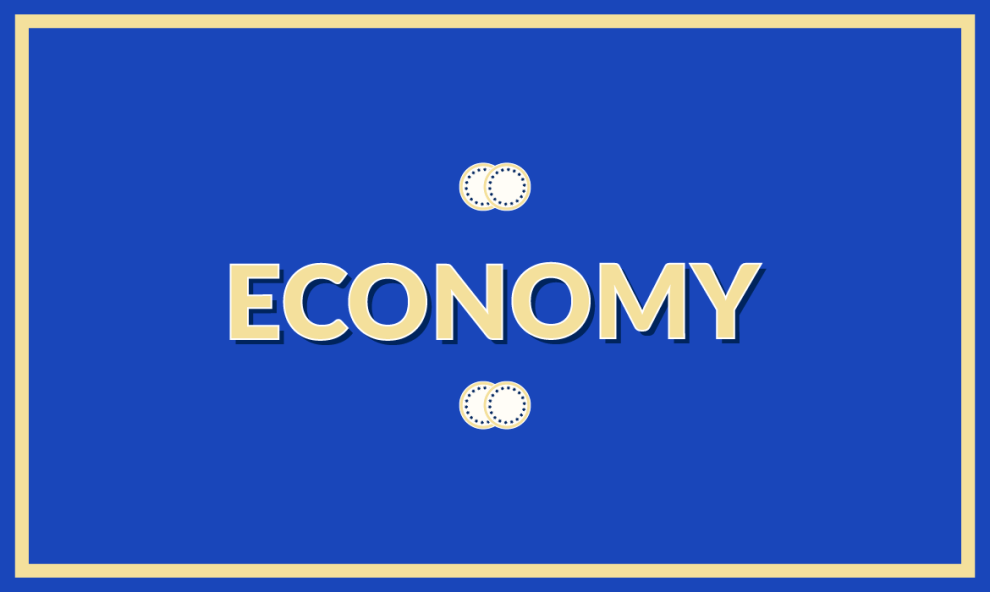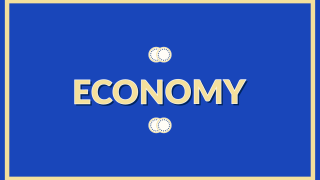Not long ago, a magazine published that the authorities of a German town were about to agree on performing DNA tests on all registered dogs to determine which of these canines’ owners were disregarding the regulation to pick up their pets’ feces that were deposited in the public way. The Germans have the certainty, and the instruments, to determine where the problem lies because they start out from a principle of trust. When it comes to the problems of poverty, employment, and growth in Mexico, theories abound but the solutions are always inadequate. Worse yet, it is not recognized that without trust, it is impossible to solve the rest.
From the end of World War II and under the support of the Economic Commission for Latin America (ECLA), the United Nations entity devoted to Latin American development, the Mexican government applied itself to promoting the growth of the economy. The theory was that private would follow public investment, so that if the government electrified a region or built a highway, companies would begin to construct factories and provide services that would translate into the generation of wealth, jobs, growth, and less poverty. The experiment was very successful and permitted the Mexican economy to grow to high levels for several years. What is infrequently appreciated is that investment was not the only thing that the government contributed. Accompanying the investment, there was a concept of public functioning that later disappeared: the government understood that it must create not only physical conditions (infrastructure), but also a political milieu for private investment to prosper. These political conditions, which businessmen call trust, are what are most important for the functioning of an economy.
In that era of economic growth, the government incorporated persons with entrepreneurial experience or, at least, with the sensitivity necessary to give the businessman confidence. The government had achieved the construction of institutional scaffolding that guaranteed political stability and maintained clarity and permanence in the rules of the game that made the economy function. It was, as we are able today to evaluate with full precision, an authoritarian system that achieved stability not through the strength of its institutions, but rather by means of the structure of controls that characterized it. However, from the perspective of an entrepreneur, the system guaranteed permanence of the rules (at least for one six-year presidential term) and this generated the confidence necessary for investing. The result was economic growth and the generation of employment.
Things changed in the seventies for two reasons. One, the main one, was a generational changing of the guard in the government. The other was a change in the structure of the economy. The rhythm of economic growth began to diminish because raw material and grain exports became insufficient to finance the import of industrial materials, which called for an important structural change. The problem was that those who decided on the nature of the structural change did not understand business, or the investor, or the employer: thus, they undermined the trust base that had worked so successfully for decades and established the bases for the great ills that continue to accompany us to this day.
Now, eleven years after the first alternation of parties in government since the Revolution, blaming the PANists for their incompetence in distinct ambits is in vogue. The de facto initiation of the electoral season constitutes an exceptional opportunity to attack these governments and to throw stones without rhyme or reason. Nevertheless, the problem does not lie in recent governments, however incompetent they may have been, but in the corporativist legacy that former governments bequeathed and that these recent governments knew not how to dismount. Beyond the assignment of guilt, the country’s problem resides in a politico-economic structure that generates two ills: it promotes informality and discourages formal investment. The sum of the two translates into an economy that grows little, generates a very low level of formal and permanent jobs, and casts the population into a troubled state that feeds back on everything else.
The system propitiates informality in two ways. On the one hand, it renders formalization very burdensome; on the other, it favors the permanence of informality. Allow me to explain: a person or family who starts a business –juices or tortas, repairs or stalls of clothing, whatever- has neither the time nor the resources to register it fiscally, to comply with social security regulations, to have everything in order in the eyes of the labor authorities, and to satisfy the unending reports and filings that each of these bureaucracies demand; thus, they opt for doing what they know how to do or what they can do and nothing more. Thus is born an informal enterprise. Instead of making it easy to formalize the business, the authorities harass the person, making growth and development impossible. At the end of the day, informality resolves (badly) an employment problem, but not that of growth. Once engaged in informality, it is nearly impossible to become formalized, and mechanisms such as popular health care insurance, necessary and commendable, but conceived essentially to serve those living in informality, lead to these persons remaining as they are.
To grow, the country has need of businesspeople who generate wealth and jobs, both requisites for putting an end to poverty. The big question is how to achieve, it. At present and from the seventies although with some sunny moments, the country is experiencing an environment of uncertainty and bureaucratism that does not foster an ambience for private investment to grow. For the latter to prosper, a climate of confidence and certainty is required that makes it attractive to assume the risk inherent in initiating an entrepreneurial adventure. Ironically, investment prospers to a greater extent in a climate of competition and little, but effective, regulation, than in one that is bureaucratized and politicized. I say ironically because many pretentious entrepreneurs prefer the favors, protection, and subsidies that the bureaucracy bestows, but the only thing that this kind of climate affords is querulous and indolent entrepreneurs who create neither jobs nor wealth. Mexico needs a new entrepreneurial class: one that is disposed to take on risks and to compete with the rest of the world. Rather than blaming each other, our politicians should devote themselves to constructing a climate that favors private investment, one that attracts entrepreneurs who are prone to creating wealth and generating the jobs that the country urgently needs. This is much more difficult to achieve than assume those espousing Manichean rhetoric, which accomplishes nothing more than complicate the construction of the atmosphere of confidence that we so miss.
Trust






Comments